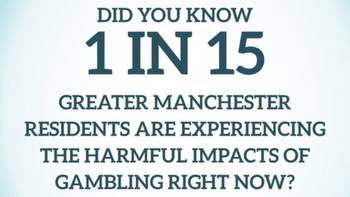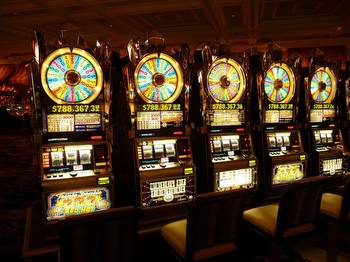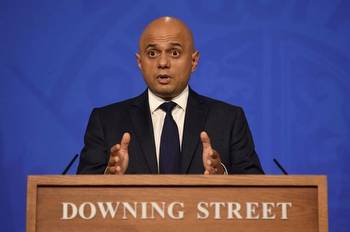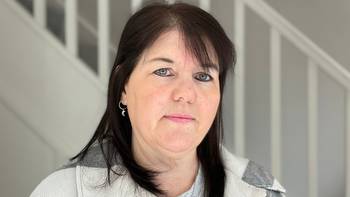GambleAware Launches New Campaign Ahead of 2022 FIFA World Cup

GambleAware has launched a new safer gambling campaign ahead of the FIFA World Cup 2022.
According to a new survey from Opinium of 2000 fans, 61% of respondents agree that there are too many gambling ads during the World Cup and other international tournaments.
Furthermore, 28% of football fans admit to feeling anxious about how much they might lose while betting during the World Cup, with 56% of fans saying it is easy to lose more money than expected.
“This should be an enjoyable time for all football fans, but with the sheer volume of football and the amount of betting ads, it can be easy to get carried away with betting – and we can see that many fans are already feeling anxious about this,” said GambleAware Chief Executive Zoë Osmond.
“As the cost-of-living crisis bites and people feel the pinch in the run-up to Christmas, this could create a ‘perfect storm’ where fans resort to gambling as a way to cope. This can have the opposite effect, both financially and in terms of mental health.
“There are lots of ways to avoid ‘Bet Regret’ – the sinking feeling you get after making a bet you wish you hadn’t – from deleting apps, to setting a limit. These steps can help fans enjoy the football this winter without feeling stress or anxiety around gambling.”
The new campaign is in collaboration with the Football Supporters Association (FSA) and former footballers, such as Peter Shilton, Shaun Wright-Phillips and Lee Hendrie. GambleAware is aiming to raise awareness of the early warning signs of gambling harms, while it will also offer fans practical advice on how to enjoy the tournament without experiencing “Bet Regret”.
UK Gambling Minister Paul Scully said: “I welcome this campaign from GambleAware to help raise awareness of practical actions people can take to avoid gambling-related harms. We are undertaking the most comprehensive review of gambling laws in 15 years to ensure they are fit for the digital age, including considering the evidence on gambling advertising and marketing.”




































